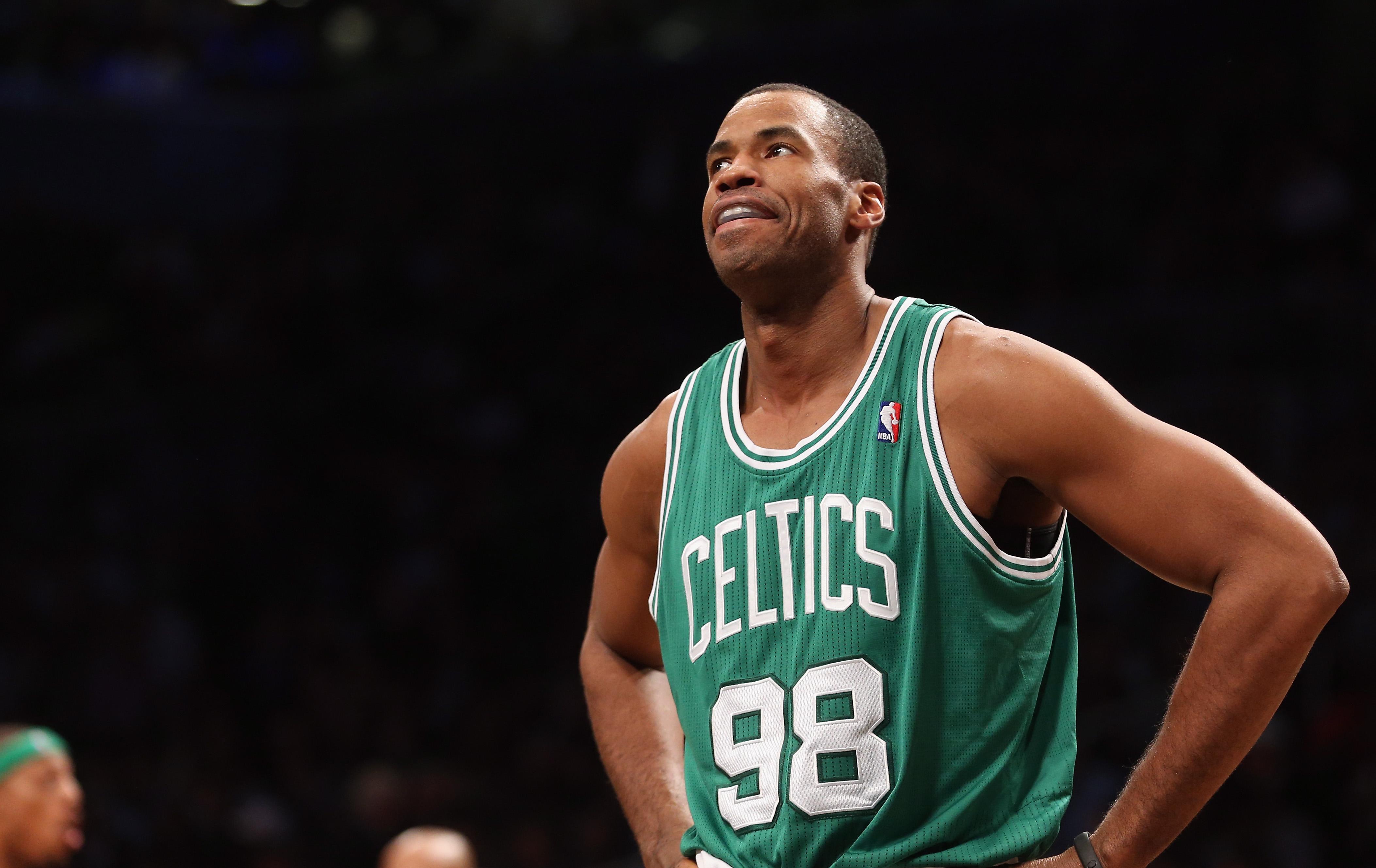Since I realize that Jason Collins—the 34 year-old NBA center who made headlines today by coming out as gay in Sports Illustrated—will soon be receiving (strike that, it’s already started) a mess of ignorant and/or homophobic push-back to his announcement, let me start by extending a big gay welcome—hey girl!
Hopefully, other closeted male athletes will feel emboldened to follow suit within a profession that remains undeniably homophobic. But before they do, maybe we can push back a little on the language Collins uses in his lengthy and occasionally awkward confession, lest other people use it as a model.
First, a small thing: I checked with an LGBT historian and, though we can’t be totally sure, I am pretty comfortable saying that 98—Collins’ current number that he claims was a secret symbol of solidarity with LGBT folk—is not a “number [that] has great significance to the gay community.” Yes, Matthew Shepard was indeed murdered in 1998, but (call me cynical) that whole line read as a bit of PR revisionism.*
But my main beef begins with how frustratingly wishy-washy Collins is about why he stayed in the closet for so long. In one memorable line, Collins compares coming out to baking: “Imagine you’re in the oven, baking. Some of us know and accept our sexuality right away and some need more time to cook. I should know—I baked for 33 years.” This makes it sound like Collins only just realized or came to terms with his orientation. And yet, according to his own account, he knew he was attracted to guys as a teenager but “resisted [those] impulses” through high school. This is not uncommon. But given the support of his gay and gay-friendly family members and friends he mentions, one is left wondering what exactly kept Collins in that oven throughout his twenties.
At least one of the answers, of course, is the homophobic nature of his industry, and, unfortunately, that is a state of affairs he never criticizes directly beyond promising to set “hard picks” against individuals who trash-talk him. If anything, Collins takes pains to appease the players, coaches and fans who make up the sports-masculinity complex that will determine whether his career continues, and unwittingly, insults some of his new friends in the process. To start, Collins makes the classic maneuver of exempting himself from the dreaded gay “LABEL” (I’m never sure what that means) and then spends multiple paragraphs telling us how butch and eager to foul he is. At this point, I’m waiting for it, and Collins delivers: “I go against the gay stereotype, which is why I think a lot of players will be shocked: That guy is gay?”
Ah, yes. The good ol’ gay stereotype. You know, faggots, sissies, femme-swishy types that make the sporty ones look bad. But lucky for us, Collins still has the “same mannerisms” that he did before he came out—I know I was personally worried that his wrists would turn to rubber—and he hopes we and his teammates will recall that he is not an “in-your-face kind of guy.” There will be no feather boas in the locker room or yucky tales of the dude he bottomed for last night, guys. No, Collins makes clear that he will be as tough and masculine and professional as he has always been, because he’s not going to suddenly become that kind of gay.
Sigh. I really want to like Collins, to celebrate the lifting of what I know was a terrible burden for him. But I just can’t get with it when his self-reinvention is predicated on the denigration of a whole swath of the community he now hopes to Pride-march with. And the saddest part is, I doubt he’s actually all that intolerant on a personal level. The majority of this stuff reads as posturing for an audience that is voraciously needy for assurance that gay athletes won’t queen-up the game. Or perhaps, as Benoit Denizet-Lewis writes today, it’s about challenging those who think you can’t be black and gay without betraying your race. I don’t know. What’s clear, though, is that while Collins may be out of the closet, he’s just entered into an arena that is only slightly less stifling. Maybe his presence there will change it. But as long as the price-of-admission is anti-femme, hand-holding apologetics, I’m not hopeful.
*Correction, April 29, 2013: This post originally misspelled Matthew Shepard’s last name.
